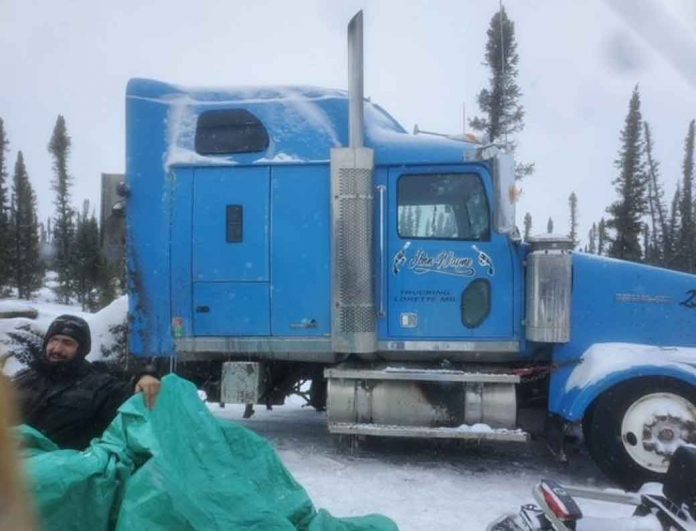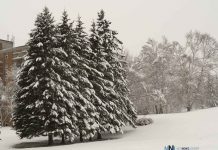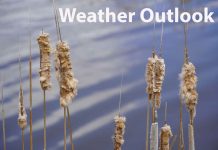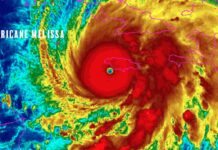ATTAWAPISKAT – Extreme cold weather is part of life every winter on the James Bay coast. The cold was normal for my parents who were both born on the land during a time when people didn’t have very much. My late father Marius Kataquapit was a trapper and hunter that learned to live and thrive on the land from the time he was a child.
Whenever we put on modern parkas with new linings and features to keep us warm, dad often reminded us that he didn’t have much to wear for warmth when he was growing up. Back then, he said that he was lucky to have any kind of durable outer jacket and that underneath it he simply wore many layers of any clothing he could muster. I once found a thin little parka to use as a work jacket one very cold winter day. Dad looked at the flimsy parka and commented that this was the kind of clothing he wore all winter when he was young and that he was happy to have quality winter wear once he aged. He knew the secret to staying warm was in layering so he knew I would be warm enough that day.
The regular annual cold winters were something that our people relied on for their survival. In the summers, the muskeg is an impenetrable landscape where the bog is too dangerous because one could sink down and drown in the murky water. At the same time it’s impossible to use a canoe through the thick bush and overgrown swamps. Even if you could find a way to travel across the muskeg, the wilderness becomes filled with biting insects that can drive a person mad. The only safe way to travel in this territory in the summer months is on the rivers and the great James Bay waters.
We Cree look forward to the freezing cold temperatures as that provides a lot of benefits that aide our survival. The frozen ice and snow becomes a solid mass and all that is needed are a pair of snowshoes and a sled to move around. A hunter or trapper can cover hundreds kilometres over the snow in the winter. For decades people have been using snowmobiles.
Things have changed drastically. The James Bay coast has had unusually mild weather this year to the point where the annual ice roads have been difficult to maintain. The ice road builders relied on those freezing -20 and -30 degree temperatures to drive the frost down in the mushkeg and rivers to create thick layers of ice to hold up heavy vehicles. There have been cold days this winter but they have been separated by periods of unusual warm weather that either prevented furthering freezing or started melting away the winter landscape.
Dad was an ice road builder and he started the family transport business. My brothers now manage part of the ice road and the family business along the coast. My dad said years ago, they relied on the rivers safely freezing with thick ice before Christmas and they could rely on it staying that way until late March. On extremely cold years, we could count on almost four months of ice road use. This past year, the ice road season started late for regular car and truck traffic and it looks like it will end early. Cars and trucks are getting stuck in slush, water and melting snow in January and February which was unheard of ten years ago.
The ice roads have been almost unusable for heavy transport trucks. These huge transports are the most important vehicles for the remote coastal communities as they bring in the heaviest supplies. My family and friends recently reported that at one point, a convoy of transport trucks had to be parked in Fort Albany on their way from Moosonee to Attawapiskat because the ice road had become unsafe for heavy vehicles.
Climate change is definitely affecting the lives of people in the north. Although life is difficult in the extreme cold, the fact that we could rely on regular consistent temperatures every winter meant that we could plan our lives accordingly. The shorter, warmer winter season is affecting how the James Bay Cree travel across the land. The lack of consistent snow, ice and cold has meant hunters and gatherers are in more danger every year to travel to their traditional family lands. The warming environment has also meant that remote communities are losing access to the winter ice road which provides valuable and important heavy shipments of material and goods that are prohibitively expense otherwise.
If anyone is still wondering if climate change actually exists or is happening there is no better proof than the early melting of the ice roads on the coast of James Bay.
www.underthenorthernsky.com







